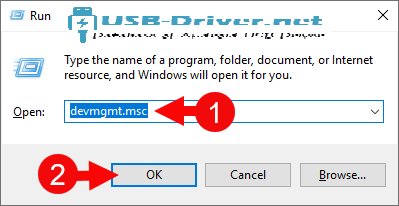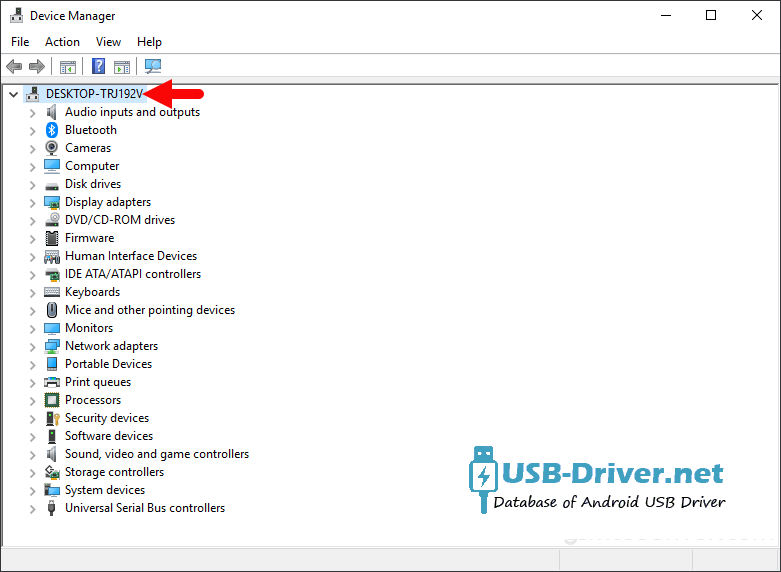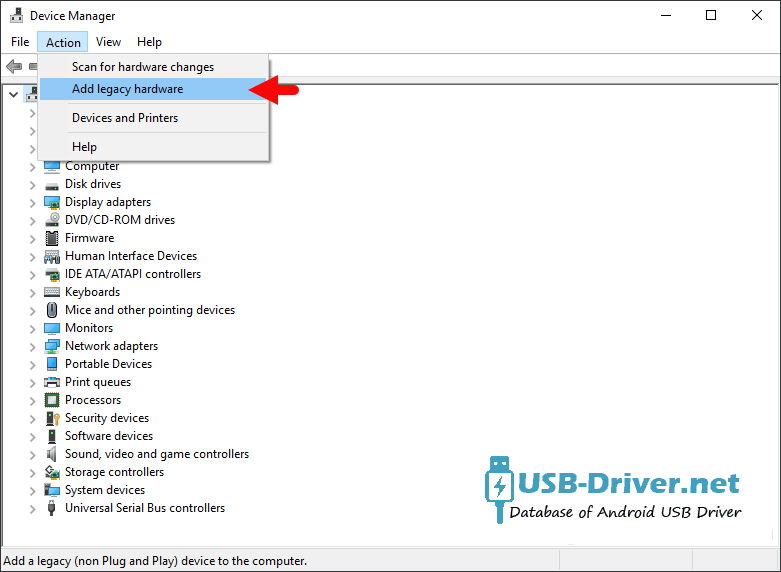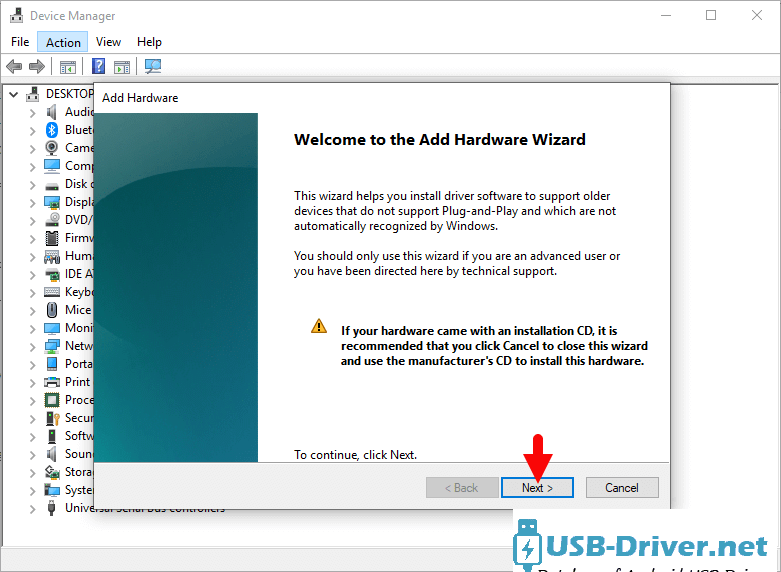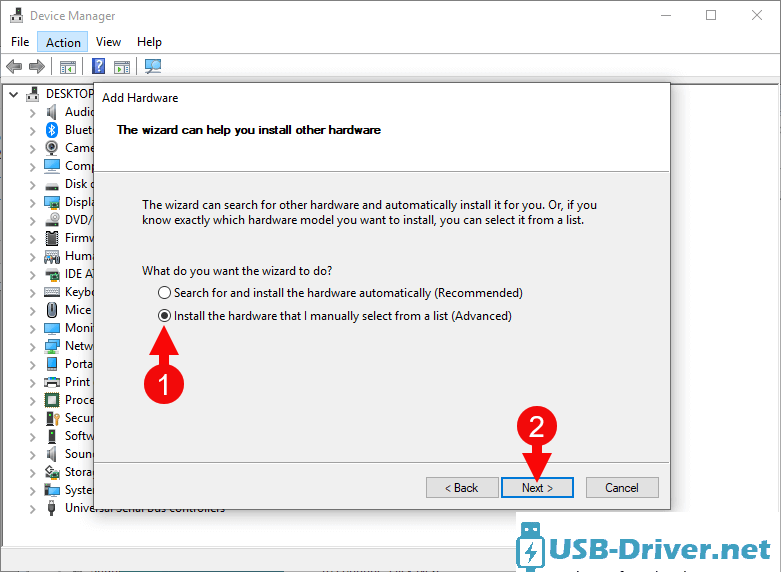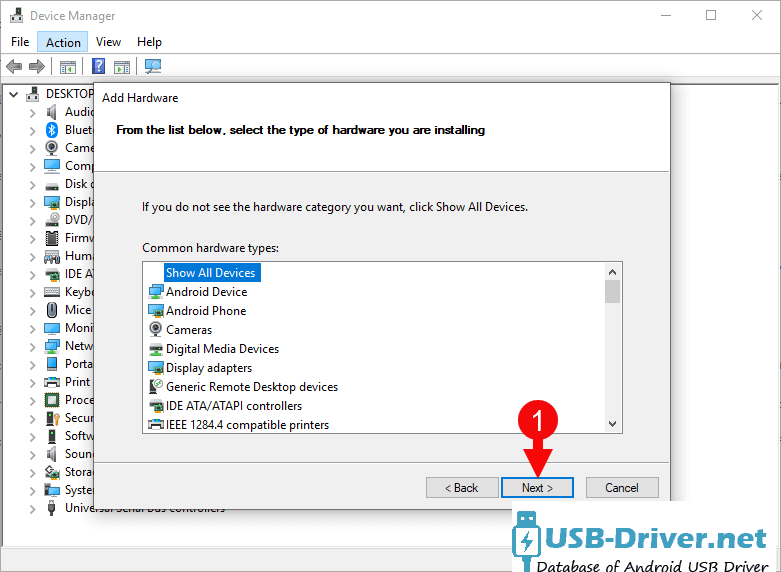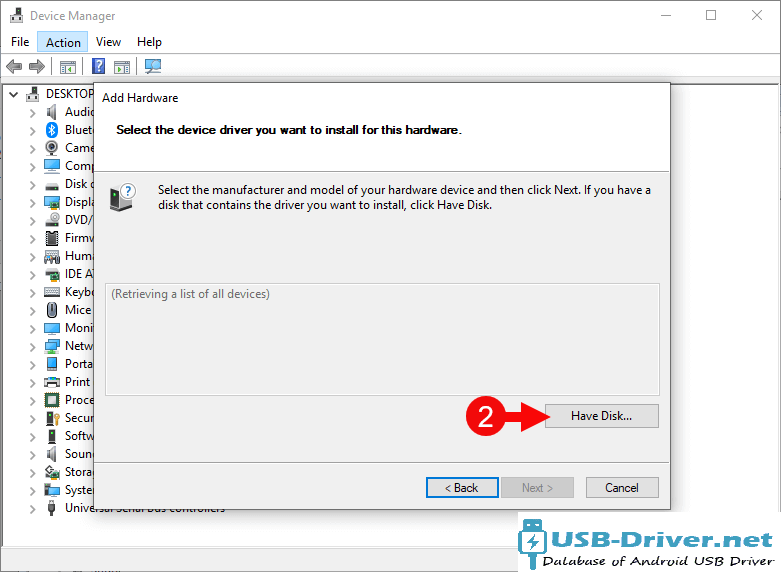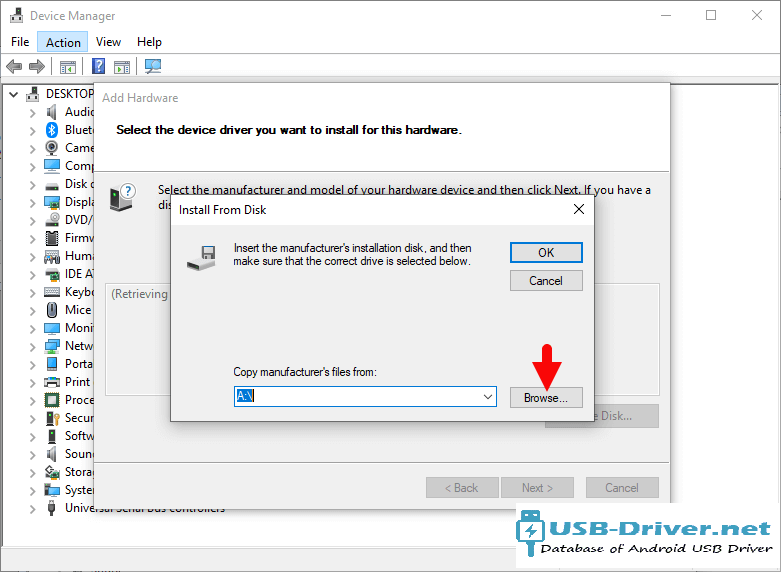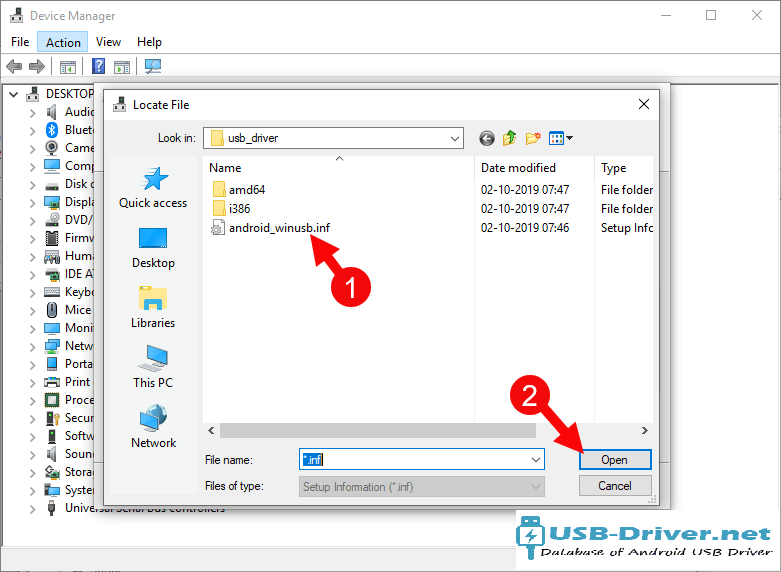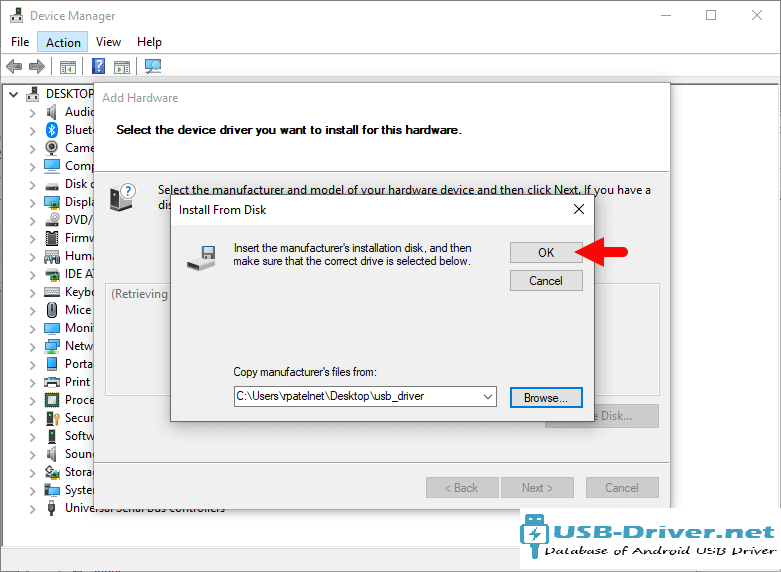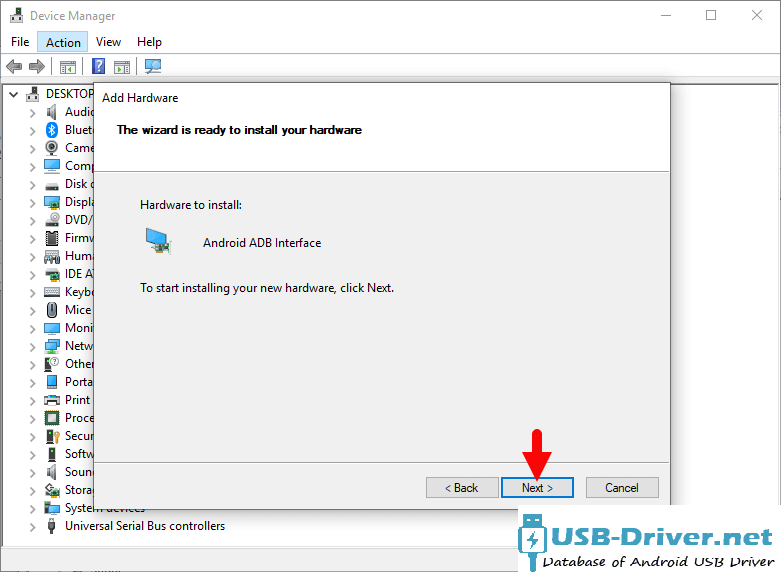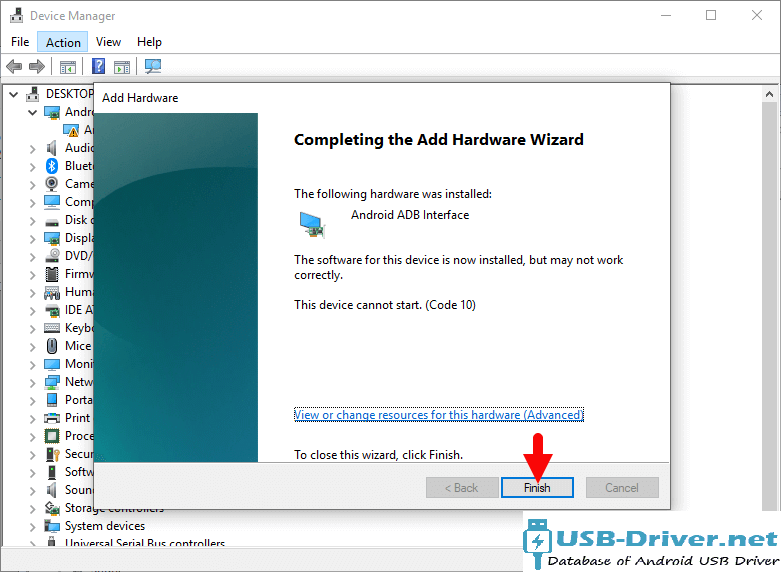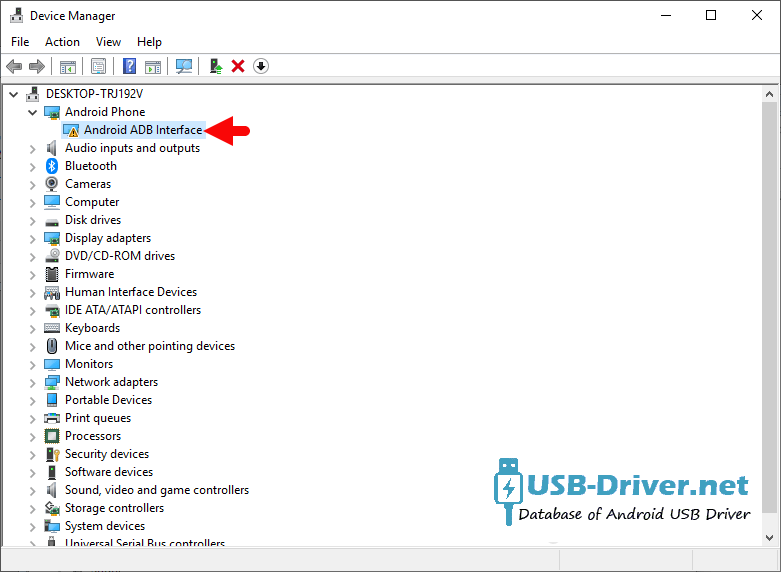Download Philips S260 USB Driver (official) for Windows
Philips S260 USB Driver for Windows Computer
Philips S260 USB Driver is a software that facilitates communication between an Philips device and a Windows computer. It is crucial for transferring files, syncing data, and flashing firmware. Without the USB driver, your computer will not recognize your Philips S260 device.
This article will guide you through the process of downloading and installing the Philips S260 USB Driver on your Windows computer. Additionally, we will provide troubleshooting tips in case you encounter any issues.
Prerequisites:
- A Windows computer
- An Philips S260 device
- A USB cable
Download Philips S260 SPD/Unisoc Driver for Windows Computer
Driver File Name: SPD/Unisoc Driver
Driver Package Name: Download_SPD_Driver_R4.20.0201_(En.USB-Driver.Net).zip
Driver File Size: 9 MB
How-to (Install) : Follow Complete Tutorial
Download Philips S260 ADB Driver for Windows Computer
Driver File Name: Android ADB Driver
Driver Package Name: Download_usb_driver_r13-windows_(En.USB-Driver.Net).zip
Driver File Size: 8.27 MB
How-to (Install) : Follow Complete Tutorial
Installing Philips S260 USB Driver on Windows
The Philips S260 USB driver makes almost every task that needs to be performed by connecting the device to PC easier. All the files can be transferred in no time without worrying about anything. Also, there are certain benefits to having it. Before you proceed to download, it is suggested to you to remove the previously installed Philips S260 from your PC in case you have installed it. Once you are done, click the below link to download Philips USB Drivers on your PC.
How to install Philips S260 ADB Driver on Windows
Philips ADB Driver can be used to connect the Philips to the computer and transfer data between the mobile and the computer.
Step 1 : Download and extract Philips S260 ADB Driver (.inf based) (The link is above) on the Computer. If in case, you have already downloaded and extracted the driver, then SKIP this step.

Step 2 : Open Device Manager on the Computer. Press Win + R key from the keyboard and type devmgmt.msc and Click on OK Button:
Step 3 : Once the Device Manager is Launched, Click on the Computer Name (name can vary from the image below):
Step 4 : Click on the Action Menu and Select Add Legacy Hardware option:
Step 5 : Under Add hardware Dialog Box, Click on the Next Button:
Step 6 : Tick on the Install the hardware that I manually select from a list checkbox and Click on the Next Button:
Step 7 : Click on the Next Button:
Step 8 : Then Click on the Have Disk Button:
Step 9 : Click on the Browse Button:
Step 10 : Locate the .inf file from the computer (this file can be found in the extracted driver folder).
Step 11 : Click on the OK Button:
Step 12 : Click on the Next button:
Step 13 : Again Click on the Next button:
Step 14 : Click on the Finish button to complete the installation process (ignore Code 10; it will be gone post restarting the computer).
Step 15 : Your Philips S260 driver is listed in the Device Manager.
Step 16 : Now, Restart the Computer. Once the computer is restarted, you can easily connect your Philips S260 device to the computer.
Troubleshooting:
- If your computer still fails to recognize your Philips S260 device, try using a different USB cable or port.
- If you continue to face problems, contact Philips customer support.
[-] Driver Signature Error: If you got Driver Signature Error While installing the Philips S260 Driver then See this Video to fix this problem.
[-] Request Philips Driver: If you are looking for any specific Philips driver that is not listed above, then you can request it through the comment box below (do not request driver from the contact page, or else it will be ignored).
[-]Philips Stock Firmware : If you are looking for the Original Philips Firmware (Stock ROM), then head over to the Philips S260 Stock ROM (Flash File) page.
Conclusion:
The Philips USB Driver is an essential tool for Philips S260 device owners. By following the steps outlined in this article, you can easily download and install the USB driver on your Windows computer. If you encounter any issues, refer to the troubleshooting tips or contact Philips customer support.

